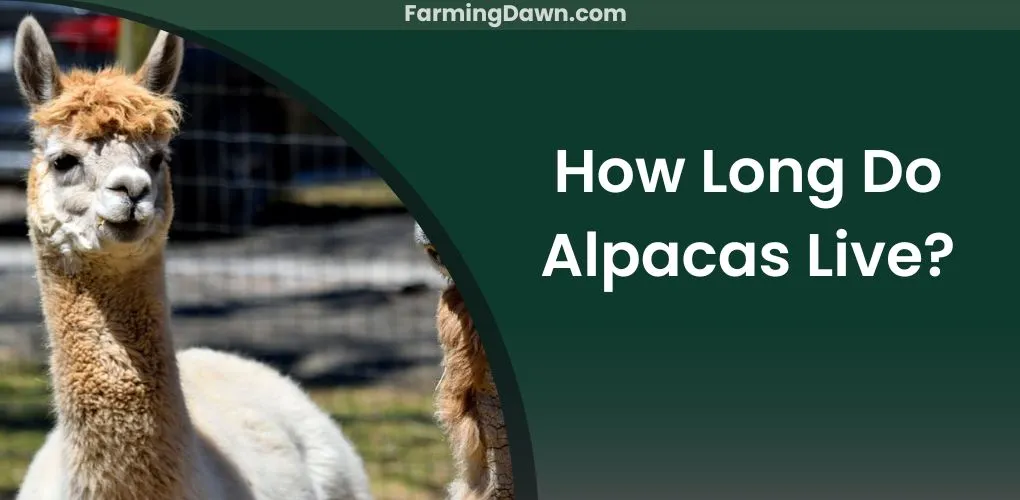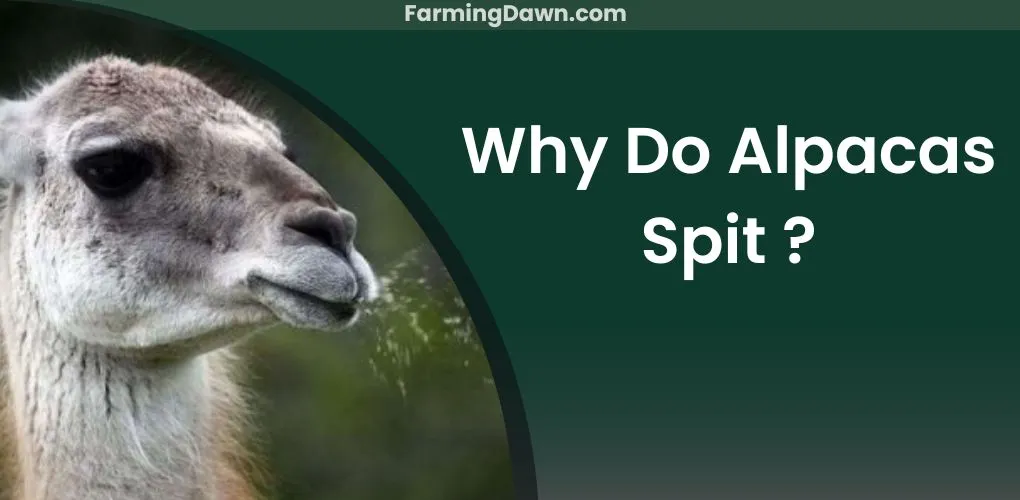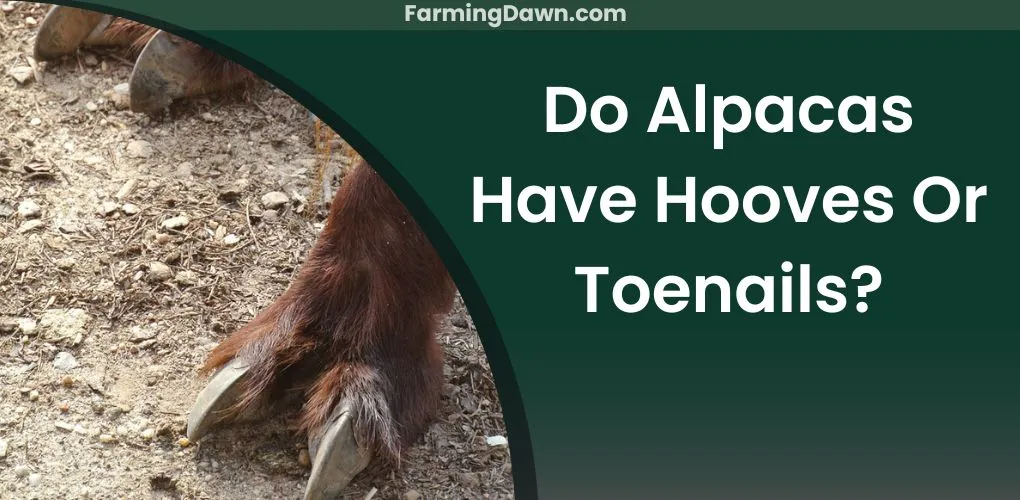Alpacas are gentle, intelligent animals that bring a unique charm and personality to any home. As a farmer, you must have thought about bringing alpaca into your life at some point. But how long do alpacas live? In this article, we’ll explore the lifespan of alpacas in more detail so that you can decide if they are right for you.
How Long Do Alpacas Live In The Wild?
Alpacas are incredibly resilient and hardy creatures, but their lifespan in the wild is often shorter than when they’re living with humans. Alpacas can live up to 20 years of age, depending on where they live and what access they have to proper care. In the wild, alpacas’ longevity may be as short as 8-10 years due to predators or difficult terrain.
In captivity, however, alpacas can thrive in a safe environment that provides food and shelter from potential danger. When given good care, these animals will enjoy an extended life span; some reach twenty-five or more years old! Proper nutrition, regular vet visits, and protection from harsh weather all contribute to a longer alpaca’s age. A healthy lifestyle includes plenty of exercise for them so they stay active and alert.
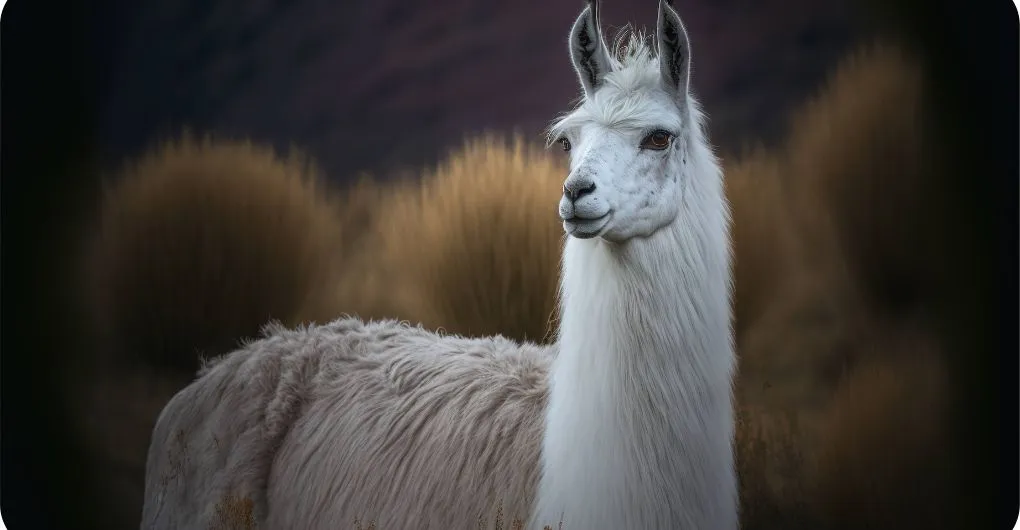
How Long Do Alpacas Live In Captivity?
Alpacas typically live much longer in captivity than they do in the wild. The average lifespan of an alpaca kept as a pet or for livestock is between 15 and 20 years, but some have been known to live up to 25 years old! Alpacas living under domestic conditions can enjoy extended lifespans due to regular veterinary care and proper nutrition.
The following are key factors that may contribute to an alpaca’s long life:
- Quality Nutrition: Ensuring your alpaca gets quality feed with plenty of protein, vitamins, minerals, and other essential nutrients is vital for its health.
- Regular Veterinary Care: Regular visits to the vet will help keep your alpaca healthy and free from any diseases or parasites.
- Proper Shelter & Management Practices: Providing adequate shelter during extreme weather conditions, along with good management practices such as ample pasture rotation and hoof trimming can also help extend their lifespan.
In addition, providing companionship by keeping them with other animals (such as sheep or goats) can improve longevity too. However, keep in mind that alpacas are docile but they are also territory dominant. Alpaca spit is a sign that the alpaca is irritated by your presence or its surroundings. This behavior raises the question, can alpacas live with goats and sheep?
Lifespan Of Pet Alpacas
Alpacas are a unique and lovable addition to any family. They have endearing personalities, gentle temperaments, and an expected lifespan of 15-20 years. That’s why it’s important to understand their life expectancy when considering bringing one home as a pet.
When properly cared for, alpacas can live up to 20 years or more. In the wild, they tend to live longer than in captivity due to a lack of human intervention. However, if you provide them with regular veterinary checkups and nutrition tailored to their needs then your alpaca should stay healthy enough to see old age. It’s also essential that they get plenty of exercises that will help keep them strong throughout their lives.
The key is learning how best to care for your alpaca so that he or she has the longest possible lifespan expectancy. As discussed above, make sure there is an adequate shelter with protection from extreme temperatures, frequent deworming sessions, good nutrition habits (including hay), and access to clean water at all times—these are just some of the ways you can ensure your alpaca stays happy and healthy year after year!
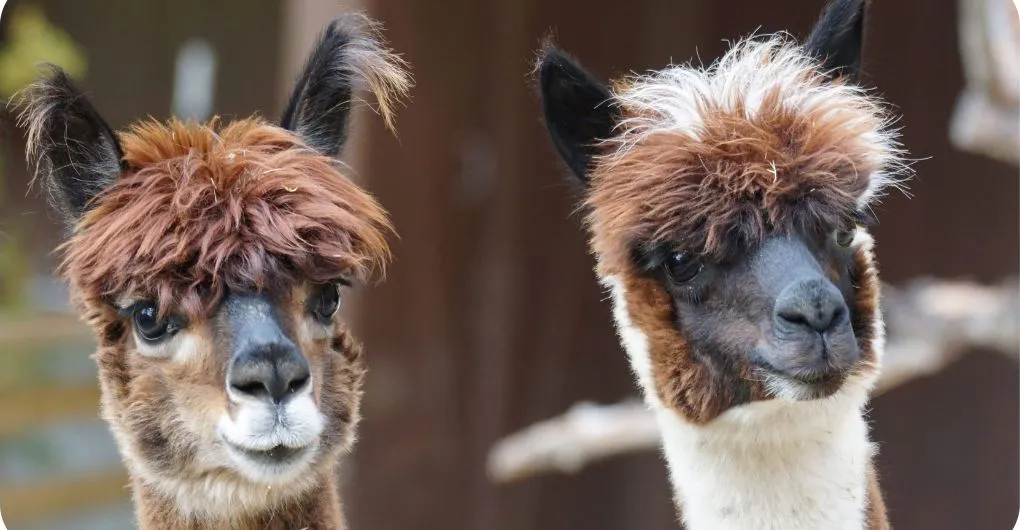
How Long Do Llamas Live?
Now that we’ve discussed the lifespan of pet alpacas, let’s explore how long llamas live. Generally, llamas have a longer life expectancy than their smaller cousins, the alpacas. On average, these majestic creatures can expect to live between 15 and 20 years in captivity. That being said, some outliers may exceed 25 or even 30 years under optimum conditions!
When it comes to age expectancy, alpacas tend to be shorter-lived with an average life span of about 10-15 years depending on care and diet. This is due largely in part to their size; weighing far less than their larger counterparts, they just don’t possess the same longevity as other animals like horses and cows which often reach ages beyond twenty-five.
Disease Factors Affecting Alpaca Lifespan.
Alpacas are generally healthy animals, but they can still be affected by certain diseases. Alpaca longevity is also determined by environmental factors and the condition of their environment. Alpacas’ lifespan can vary depending on several conditions including nutrition, disease prevention, genetics, and overall health care.
Diseases that affect alpacas include:
- Parasites.
Parasites such as worms or coccidia can cause digestive problems in alpacas which may lead to weight loss or other health complications over time if left untreated.
- Respiratory Illnesses.
Respiratory illnesses like pneumonia could also reduce an alpaca’s life expectancy due to difficulty breathing and possible organ damage caused by infection.
- Gastrointestinal Issues.
Gastrointestinal issues such as bloat or colic can also take a toll on an animal’s well-being resulting in malnutrition and dehydration and poor body condition.
- Bacterial Infections.
Bacterial infections such as pasteurellosis or leptospirosis can weaken an animal’s immune system preventing them from fighting off the illness quickly enough for recovery with proper treatment.
Physical Factors Affecting Alpaca Lifespan.
Alpacas can live to be around 15-20 years old, but their longevity is heavily influenced by a few physical factors. These include diet, exercise, body condition score (BCS), and access to veterinary care. Here’s what you need to know about each of these elements that affect your alpaca’s lifespan:
- Diet: Alpacas require high-quality forage as well as supplemental minerals, vitamins, and proteins to maintain health throughout the year. Additionally, water must also be available at all times to prevent dehydration or digestive upsets.
- Exercise: Regular activity helps keep an alpaca healthy both physically and mentally. This can range from pasture grazing to guided walks on a lead rope.
- Body Condition Score (BCS): The BCS system is used by veterinarians and owners alike to assess how much fat cover an alpaca has over its ribs and spine area which allows them to keep track of any changes in weight or size due to age or illness.
- Veterinary Care: Accessing regular vaccinations, dewormers, and hoof trimming services are essential for keeping an alpaca healthy and therefore living longer lives!
Breeders and pet owners alike need to understand the various physical factors that influence an alpaca’s life expectancy so they can take steps toward providing appropriate care for their animals. Considering the dietary needs of an alpaca combined with adequate exercise opportunities and monitoring body condition scores will help ensure optimal health throughout their lifetime.
Diet Factors Affecting Alpaca Lifespan.
Diet plays an important role in the average longevity of alpacas. As discussed above, an alpaca’s expected lifespan depends on many factors, and diet is one of them. Alpacas are grazers that need a moderate amount of high-quality forage to stay healthy and happy. A lack of it can cause digestive problems and other health issues. To ensure an alpaca lives as long as possible, they should be given adequate amounts of hay, grasses, and grains each day.
A balanced diet with all the essential nutrients will help keep your animal at its best throughout its life cycle. This includes:
- Vitamins.
- Minerals.
- Proteins.
- Fats.
- Carbohydrates.
- Water.
It’s also important to monitor what type of feed you provide to your animals so that they get only the best quality food available. Poor nutrition can lead to medical issues which can shorten an alpaca’s longevity average significantly.
It’s important to remember that every individual will have different dietary needs based on age, activity level, and environment. Therefore, it’s recommended to work closely with your veterinarian or farm manager when developing an optimal dietary plan for your herd of alpacas.
How To Care For Alpacas Health For Longer Lifespans?
If you’re a prospective alpaca owner, chances are that you want your furry friend to have the best life possible. But how long do alpacas live? With proper care and attention, they can reach an age of up to 20 years.
The average lifespan for an alpaca is around 12-15 years, but this depends on many factors such as diet, genetics, environment, and general health. Without adequate nutrition and veterinary care, their life expectancy may be significantly reduced.
- Provide Healthy Food.
To ensure your alpacas enjoy a longer life with fewer health problems, you should provide them with healthy food and plenty of exercises every day.
- Regular Checkups.
They should also receive regular checkups from a veterinarian who specializes in caring for livestock animals like these unique South American camelids.
- Take Care of Space Requirements.
Aside from good nutrition and medical care, providing enough space for your alpaca is another essential factor when it comes to its longevity. Alpacas need room to move around freely so they don’t become unhealthily sedentary or stressed out by overcrowding or confinement.
- Keep them Clean.
Keeping their living area clean and parasite-free will also help keep them healthy over time. Lastly, having another companion animal nearby can offer psychological benefits which can contribute to a longer lifespan too!
By considering all these steps during ownership, we can work towards ensuring our beloved alpacas stay happy and healthy throughout their lives – no matter what the average lifespan might be!
FAQs Related To Alpaca Lifespan
How Much Space Do Alpacas Need?
Space requirements for alpacas vary depending on the number you have, and their purpose. If you’re keeping them as fiber producers, your herd size will be smaller and each animal may require more space than if you were raising them for meat or breeding purposes. Each alpaca requires approximately one-half acre of pasture or three-quarters of an acre with supplementary hay feedings. This can be adjusted slightly if there are communal areas where several animals can gather at once.
What Kind Of Diet Does Alpacas Need?
Alpacas are grazers and generally eat grasses, herbs, and shrubs. They are also known to eat hay and other supplemental feed. To ensure their health, alpacas need access to fresh water at all times. As they are browsers rather than grazers, alpacas can be found eating leaves from trees as well as browsing on bushes. They also enjoy occasional treats such as apples or carrots.
What Is The Best Way To Care For Alpacas?
There are several important elements to consider when tending to the needs of these unique animals. Providing a plentiful and nutritious diet, ensuring proper shelter and grooming, and providing regular veterinary care are all essential components of keeping alpacas healthy and happy.
How Much Do Alpacas Cost?
The cost of buying an alpaca varies widely, depending on breed, age, gender, health, and other factors. Usually, you can expect to pay anywhere from a few hundred dollars to several thousand for a single animal. The average cost for an adult alpaca is around $3-4,000. This price includes shearing fees and the cost of any necessary medical care.
In addition to the purchase price, there are other costs associated with owning an alpaca. These include fencing materials and labor costs, pasture maintenance fees, and veterinary expenses.
Do Alpacas Need Special Grooming Or Maintenance?
Yes, alpacas need regular grooming to stay healthy and look great. Their luxurious fiber coat can become matted or tangled if not brushed regularly, so at least once a week is recommended. Alpacas also need their hooves trimmed every 6-12 months, as well as dental care and vaccinations for parasites.
How Long Do Alpacas Live For? Take Away
At the end of the day, the alpaca’s lifespan is 15-20 years is one line answer to your question, how long do alpacas live? No doubt, alpacas are a beautiful and gentle species that can bring joy to their owners for many years. As long as you provide them with love, security, and good food, your alpaca’s lifespan will be greatly extended. But keep in mind that they don’t just live forever!

